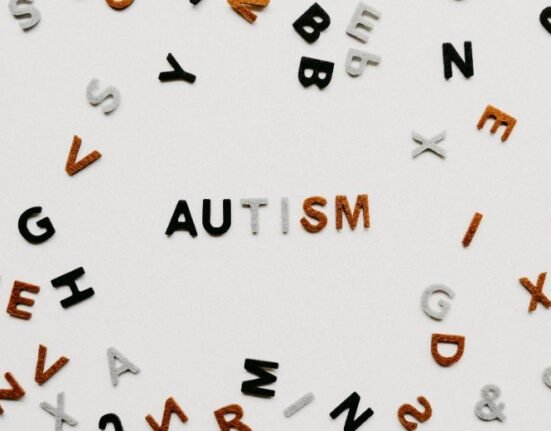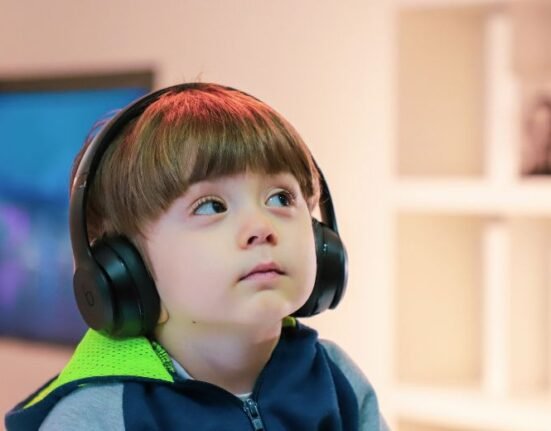HQ Team
October 12, 2023: A recent study conducted by Boston Children’s Hospital found that more than a third of toddlers diagnosed with autism spectrum disorder (ASD) may outgrow the condition by the age of 6. This study, published in JAMA Pediatrics, offers fresh insights into the potential for children with ASD to overcome the disorder.
Study
The study focused on a group of 213 children who were diagnosed with ASD when they were between 1 and 3 years old. On average, these children were diagnosed at approximately 2½ years of age, with boys comprising 83% of the study group. Importantly, all the children were treated with interventions such as applied behavior analysis.
Applied behavior analysis is a therapeutic approach that concentrates on enhancing helpful behaviors and assists individuals in developing vital skills in areas like communication, attention, focus, and socialization.
The children in the study underwent re-evaluation for ASD between the ages of 5 and 7, spanning from 2018 to 2022. The results were promising.
Promising Outcomes
A remarkable 37% of children aged around 6 no longer met the criteria for ASD. Among the 79 children who outgrew ASD, there was a higher representation of girls and those with “higher baseline adaptive functioning,” a term denoting essential everyday skills such as communication, self-care, and decision-making. Notably, these children scored and IQ of 70 or higher. An IQ score of 70 to 75 indicates a significant limitation in intellectual function, while a score below 70 is considered indicative of an intellectual disability, as defined by the American Psychiatric Association
William Barbaresi, MD, co-author of the study and chief of developmental medicine at Boston Children’s Hospital, noted, “It is possible that children who no longer have autism at age 6 may have responded better to treatment than children whose autism persisted. The findings of the study should cause a very frank reconsideration of the need for far more research to understand if current treatment for autism is working, or if major new efforts to develop treatment approaches are needed.”
Autism Spectrum Disorder
Autism Spectrum Disorder is a developmental disability typically diagnosable before the age of 3,. It affects communication and learning behavior. As individuals with ASD grow older, they may encounter various challenges in relationships, schooling, and employment, according to the CDC. Notably, ASD rates have seen a dramatic increase in recent years, with about 1 in 36 children being diagnosed with the disorder by the time they reach 8 years old, as per data from 2020.
Lead author Elizabeth Harstad, MD, MPH, at Boston Children’s Hospital, emphasizes the importance of remaining open-minded. She states, “It is important to recognize that diagnoses can evolve as a child develops. Our research shows how important it is that we monitor kids over time because some children may really have changes in their social communication and behavioral functions. This underscores the need for continuous assessments and adaptable intervention strategies.”
Earlier studies have also found that some children with ASD tend to outgrow the disorder after customized interventions. Another study, published in 2019, by researchers at Albert Einstein College of Medicine and Montefiore Health System, found that the vast majority of such children still have difficulties that require therapeutic and educational support.
The lead author of the study, Lisa Shulman, M.D., professor of pediatrics at Einstein and interim director of the Rose F. Kennedy Children’s Evaluation and Rehabilitation Center (CERC) at MontefioreThe researchers had this to say about the outcomes from their research, “Our findings beg the question, what is going on with these children who no longer have an ASD diagnosis? Was autism initially over-diagnosed? Are some children better able to respond to intervention? Does the specific intervention the child receives contribute to outcome? Our sense is that some children with ASD respond to intervention while others have unique developmental trajectories that lead to improvement. Those children who evolve in a positive direction generally have the mildest symptoms to begin with.”
The present study highlights the potential for positive changes and progress as children with ASD grow and develop.








1 Comment